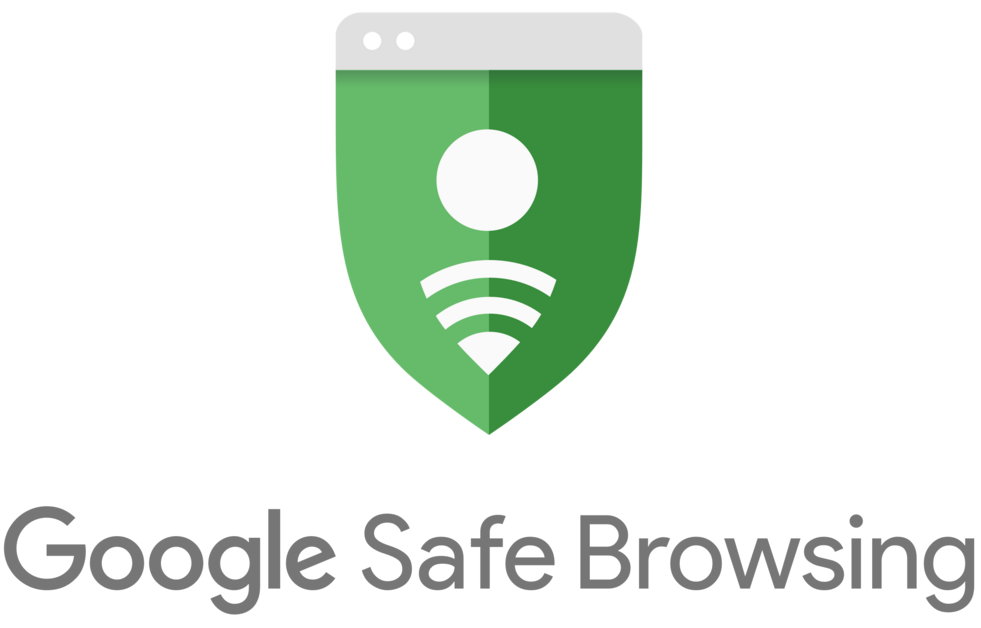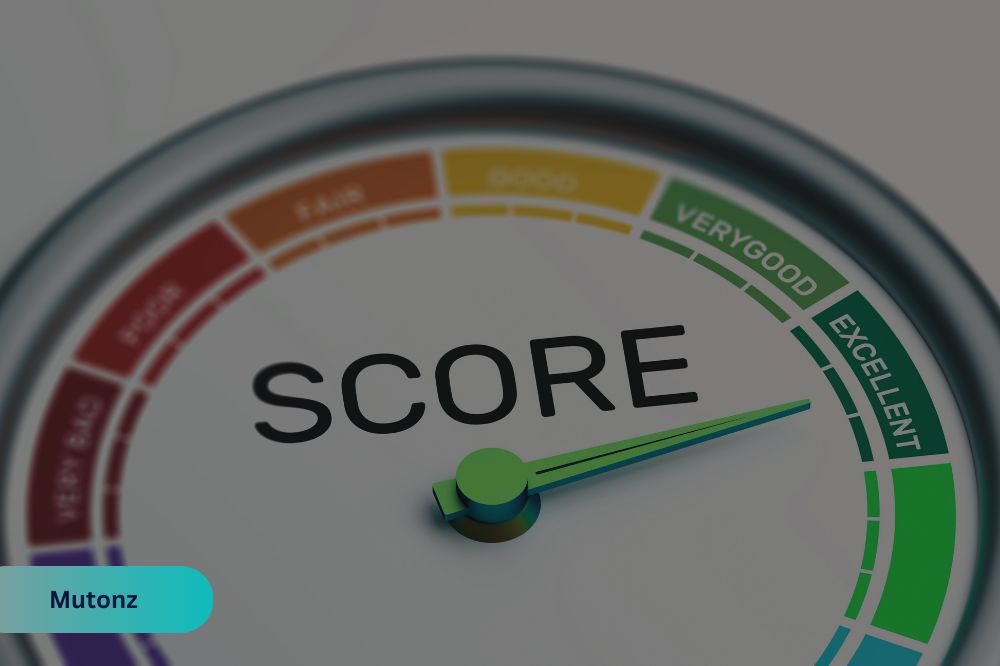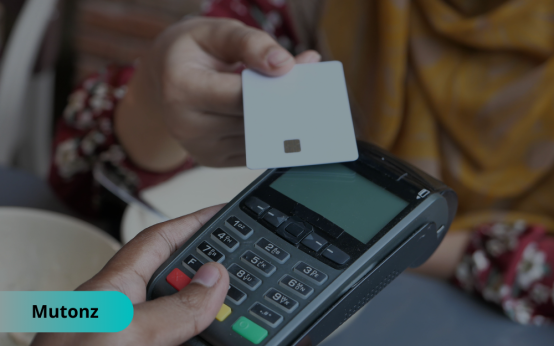Establishing a credit history, is a vital step toward a healthy financial life. Credit scores play a significant role in financial decisions such as loan approvals, renting an apartment, or even landing a job. Here, we’ll explore how to build your credit score with no credit history.
With the proper tools and steps, building credit is entirely achievable. Over time, it will open doors to financial opportunities. Without further a do, let's talk about these strategies, so you can secure your financial future.
How Does a Credit Score Work?
A credit score is a three-digit number created by the Fair Isaac Corporation (FICO) and is widely used by lenders to assess your credit risk, typically ranging from 300 to 850. Based on details on your credit history, such as your payment history, credit utilization ratio (amount of credit used compared to available credit limit), debt and loan history, you get one of these scores:
- Poor Score: between 300 and 579;
- Fair Score: from 580 to 669;
- Good Score: from 670 to 739;
- Very Good: from 740 to 799;
- Exceptional Score: from 800 to 850.
Having a score above 670 can help you qualify for credit cards applications and lower interest rates on loans, including mortgages and auto loans. You might also enjoy better insurance premiums and favorable terms when renting an apartment. The higher your score, the more likely lenders will see you as a responsible borrower.
These scores are calculated based on information from your credit report, such as:- Payment History (35%): timely payments are crucial. Late payments can severely impact your score.
- Credit Utilization (30%): this measures how much of your available credit you’re using. Aim to keep your utilization below 30%.
- Length of Credit History (15%): a longer credit history generally boosts your score.
- Credit Mix (10%): a combination of credit types (for example, credit cards and auto loans) can positively impact your score.
- New Credit Inquiries (10%): applying for multiple credit accounts in a short time can hurt your score.
How To Build Credit Score With No Credit History
Apply for a Secured Credit Card
A secured credit card is an excellent starting point. It requires a refundable security deposit, which acts as your credit limit. Use the card for small purchases and pay off the balance in full each month to establish a positive payment history. Just make sure to look for secured cards that report to all three major credit bureaus (Equifax, Experian, and TransUnion).Become an Authorized User
If a family member or trusted friend has a credit card with a strong payment history, ask to be added as an authorized user. Their positive credit history can reflect on your credit report, helping you build credit without direct financial responsibility. Before doing that, ensure the primary account holder maintains good credit habits, such as making timely payments and keeping a low credit card balance.Take Out a Credit-Builder Loan
Credit-builder loans are designed specifically for those looking to establish credit. Instead of receiving the loan upfront, your payments are held in a secured savings account until the loan is paid off. Regular, on-time payments are reported to the credit bureaus, helping you build credit. And you'll receive your initial deposit back once you repay the loan.Report Rent and Utility Payments
Although rent and utility payments don’t automatically appear on your credit report, some services can report them to credit bureaus. Companies like Experian Boost allow you to include on-time utility and phone payments in your credit file, potentially improving your credit score. Also, verify that your landlord or service provider reports payments to the credit bureaus.Practice Responsible Credit Habits
- Pay all bills on time, including non-credit obligations like utilities.
- Keep credit card balances low.
- Avoid applying for multiple accounts at once, as this can result in hard inquiries that lower your score.
- Regularly review your credit report to track your progress and ensure accuracy. You’re entitled to one free report annually from each major credit bureau.
- Automate payments or use reminders to ensure you never miss due dates.



 Financial Scams in the U.S.: What to Watch Out For Right Now
Financial Scams in the U.S.: What to Watch Out For Right Now  How to Invest With Little Money: A Beginner’s Guide
How to Invest With Little Money: A Beginner’s Guide  Tips for Using a Credit Card Without Hurting Your Credit Score
Tips for Using a Credit Card Without Hurting Your Credit Score